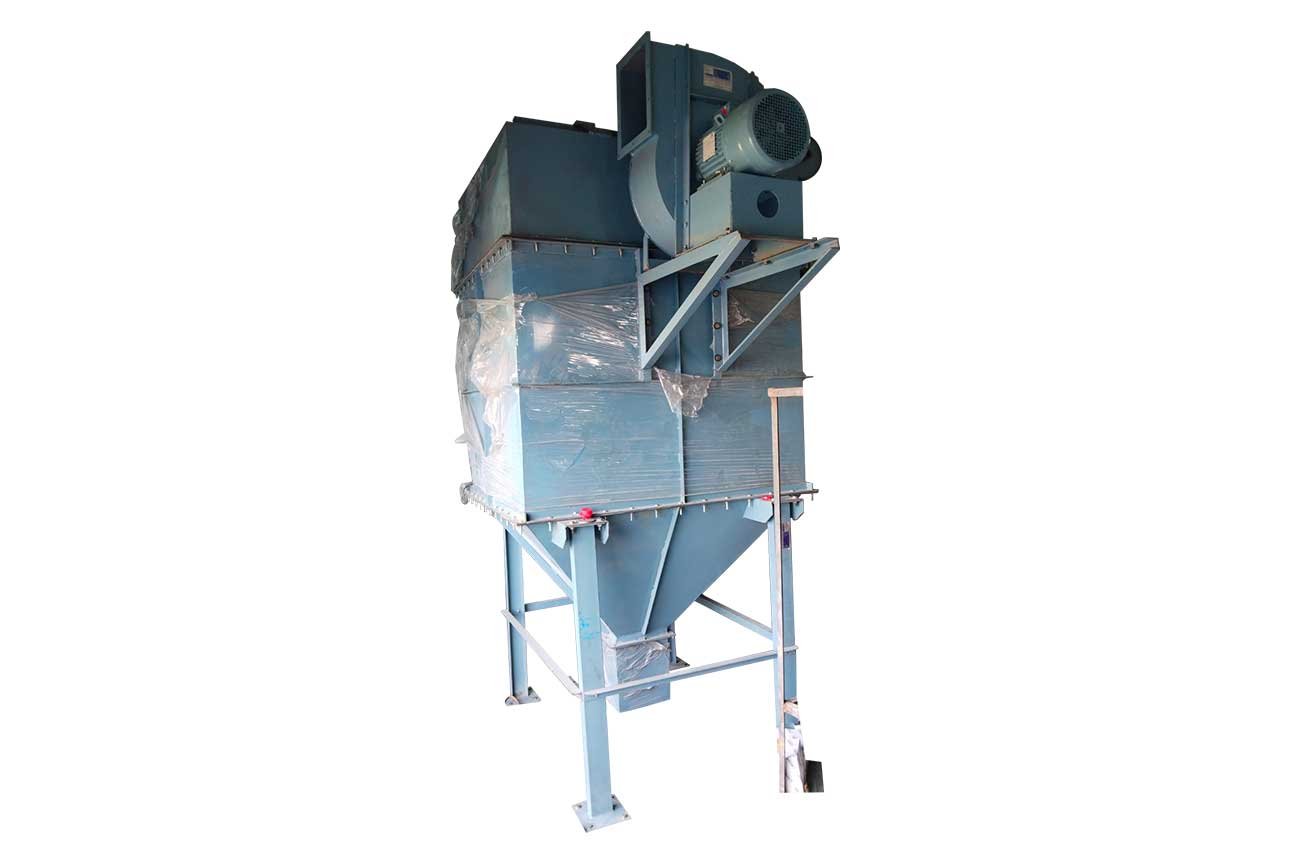
Pulse Jet Bag Filter
In today’s industrialized world, air pollution control is a critical aspect of ensuring cleaner environments and healthy workplaces. Pulse Jet Bag Filters play a significant role in air pollution management, especially in industries that generate high volumes of dust and particulate matter.
These filters are highly efficient in removing dust particles from gas streams, ensuring cleaner air output.
Subhawati Ventilation Systems, established in 2019, is a trusted name in the air handling and pollution control sector. As one of the leading manufacturers in Delhi, we specialize in providing state-of-the-art Pulse Jet Bag Filters that meet the stringent air quality standards required in modern industrial settings.
What is a Pulse Jet Bag Filter?
A Pulse Jet Bag Filter is a dust collection system that uses fabric filter bags to trap dust and particulate matter from gas or air streams. This filtration technology is widely used in various industries such as cement, steel, pharmaceuticals, food processing, and chemical industries to control dust emissions and maintain environmental safety.
Pulse Jet Bag Filters use a series of bags made of fabric materials to filter the particulate-laden air or gas. Once the air enters the filtration system, the dust gets trapped on the external surface of the bags, allowing only clean air to pass through. The accumulated dust is periodically removed through a pulse of compressed air, which ensures the continuous efficiency of the system.
Product Specification
Capacity Range: 500 m3/hr. - 4,50,000 m3/hr.
Filtration Area: 10 m2 – 750 m2.
How Pulse Jet Bag Filters Work
The operation of a Pulse Jet Bag Filter is fairly simple but highly effective. Here’s a step-by-step overview of the process:Dirty Air Inlet: The dust-laden air enters the bag filter housing.
Filtration Process: The dust particles get captured on the external surface of the filter bags while clean air passes through the filter material.
Cleaning Cycle: After the dust accumulates on the bags, a high-pressure pulse of compressed air is injected into the filter bags, causing a rapid expansion of the bag fabric. This sudden expansion dislodges the dust particles from the surface of the bags.
Dust Collection: The dislodged dust falls into the hopper at the bottom of the unit and can be disposed of or recycled depending on the application.
Continuous Operation: This pulse jet system allows the filter to work continuously, providing high efficiency in industrial dust collection processes.
Key Benefits of Pulse Jet Bag Filters
High Filtration Efficiency: Pulse Jet Bag Filters offer high dust collection efficiency, often achieving a dust removal rate of 99.9%. This makes them ideal for industries requiring stringent air quality controls.
Cost-Effective Operation: The automatic cleaning system reduces downtime and maintenance costs. The high efficiency of the system also results in energy savings.
Compact Design: Compared to other types of bag filters, Pulse Jet Bag Filters have a compact design, making them suitable for industries with space constraints.
Durability: These filters are built to last. The fabric bags and sturdy housing materials are designed to withstand harsh industrial environments and continuous use.
Customizable: Pulse Jet Bag Filters can be customized to meet the specific requirements of different industries, allowing flexibility in terms of design and capacity.
Environmentally Friendly: By effectively trapping dust and pollutants, Pulse Jet Bag Filters contribute to cleaner air and a safer working environment.
Applications of Pulse Jet Bag Filters
Pulse Jet Bag Filters are widely used across various industries due to their versatility and high performance. Some of the industries that benefit from this technology include:
Cement Industry: Dust generated during cement production can be efficiently managed using Pulse Jet Bag Filters, ensuring compliance with environmental regulations.
Steel Industry: In steel manufacturing, controlling airborne particulates is crucial for the safety of workers and equipment. Pulse Jet Bag Filters are an effective solution.
Pharmaceutical Industry: In pharmaceutical production, where fine powders and chemicals are handled, Pulse Jet Bag Filters help in maintaining clean air and a dust-free environment.
Food Processing: Food industries use Pulse Jet Bag Filters to manage dust generated during processes such as grinding, packaging, and transporting dry materials.
Chemical Industry: Controlling chemical dust emissions is vital for environmental and workplace safety. Pulse Jet Bag Filters are used to ensure that harmful dust does not escape into the atmosphere.
Cost of Pulse Jet Bag Filter in Delhi
The cost of a Pulse Jet Bag Filter varies depending on several factors such as size, material, capacity, and customization requirements. In Delhi, Subhawati Ventilation Systems offers competitive pricing based on the specific needs of your business.Small to Medium-Sized Units: For industries with lower dust output, Pulse Jet Bag Filters can range from INR 1,00,000 to INR 3,00,000 depending on capacity.
Large Industrial Units: For industries requiring larger dust collection systems, prices may range from INR 5,00,000 to INR 10,00,000 or more based on complexity and size.
Customization, design specifications, and installation are additional factors that may impact the overall cost. Subhawati Ventilation Systems provides tailored solutions to meet the unique needs of businesses while maintaining cost-effectiveness.

















.jpg)
